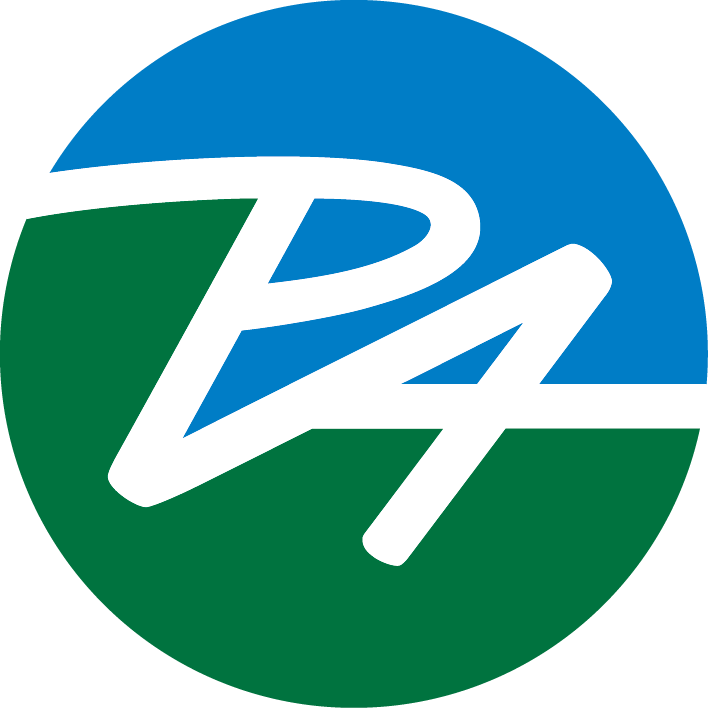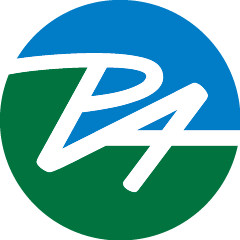Our Approach
Experiential Education, Adventure, & SEL
Adventure-based learning is uniquely effective for SEL.
It asks participants to practice social and emotional skills in real time, then reflect on their experience and try again.
Long before “social-emotional learning” was a buzzword in education, Project Adventure was leading experiences that build SEL capacities:
Self-management
Communication
Collaboration
Goal-setting
Perseverance
Empathy
In adventure-based learning, students engage in problem-solving, team initiatives, creative challenges, games, and when a challenge course is available, climbing.
Then students process their successes and struggles using creative movement, art, manipulatives, and visuals like cards and posters. Through reflection, they generate new ideas and understanding. Then they try again, and grow.
Adventure is all about the Experiential Learning Cycle, which aligns with CASEL’s five core SEL competencies:
Adventure & The Support Need Pyramid
Adventure programs can be implemented at all levels of a multi-tiered system of support – from building a thriving school community, to mental health prevention and intervention.
Tier 1: Universal Need
Project Adventure’s curriculum can be implemented for universal SEL instruction, in an advisory program, in the classroom, or in extra-curriculars. We have many options, including:
Adventure Curriculum for PE (K-12), which aligns P.E. with SEL
- Project Empower, for grades 6-12, which provides classroom-appropriate activities for use in advisory or elsewhere.
- Group experiences facilitated by Project Adventure, on our challenge course or at your site.
- Project Empower, for grades 6-12, which provides classroom-appropriate activities for use in advisory or elsewhere.
All of this helps create a positive culture and climate that values every member of the school community (the Full Value Commitment).
Tier 2: Moderate Need
For students who need extra support with their social and emotional wellbeing, adventure-based support groups help students grow through fun, experiential learning.The group approach:
- expands schools’ capacity to meet student needs well beyond a typical 1:1 counseling approach,
- is particularly effective for adolescents (though it’s effective at all ages)
- can also be implemented by any staff member, clinical or non-clinical
Tier 3: Highest Need
For those working with participants who have experienced trauma or who struggle with mental illness, Adventure Therapy is an approach using play, physical movement, team-building, mindfulness, and the outdoors for mental health and healing.
Adventure Therapy is not currently offered by PA but we have many colleagues in the field who provide this service. If you would like to be referred to a practitioner, contact us at resources@pa.org.


